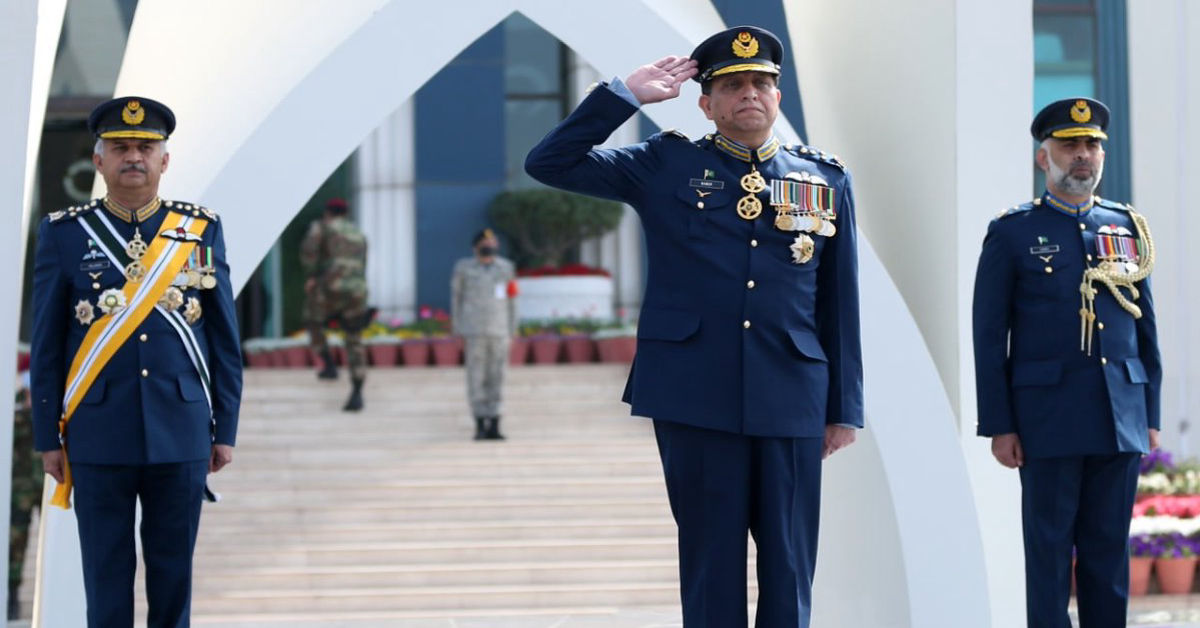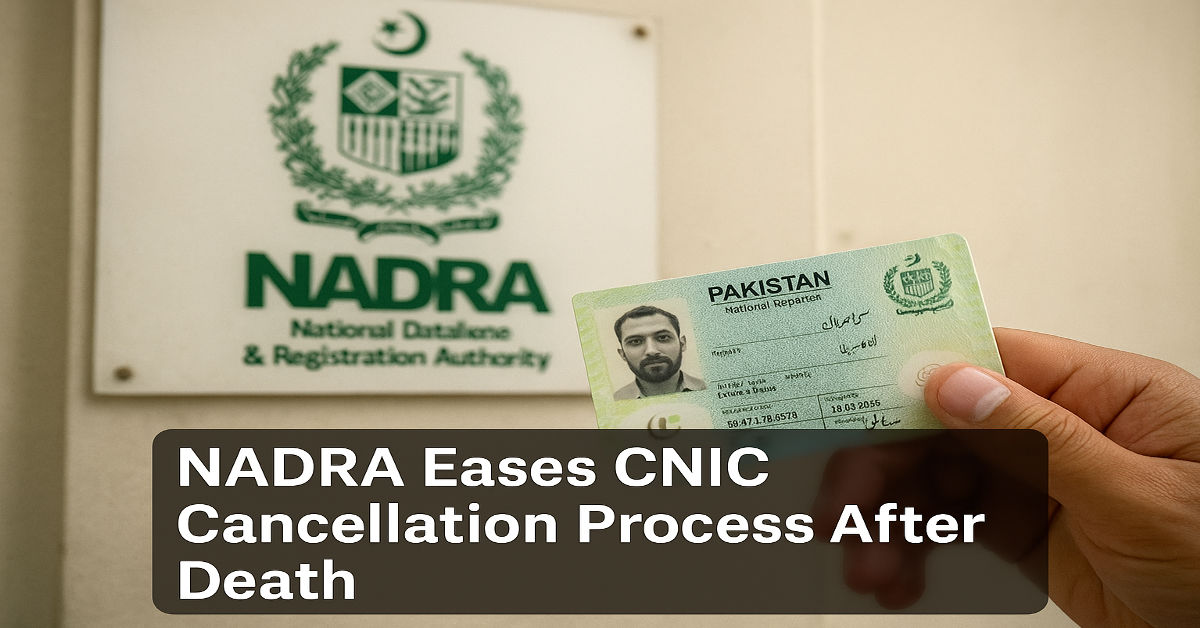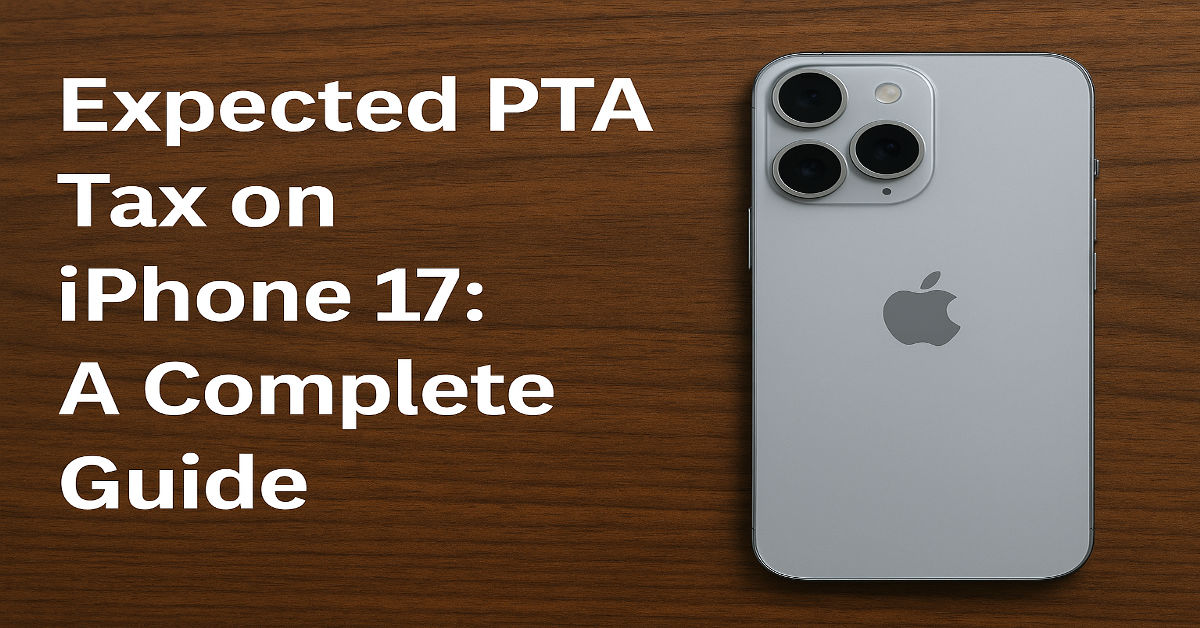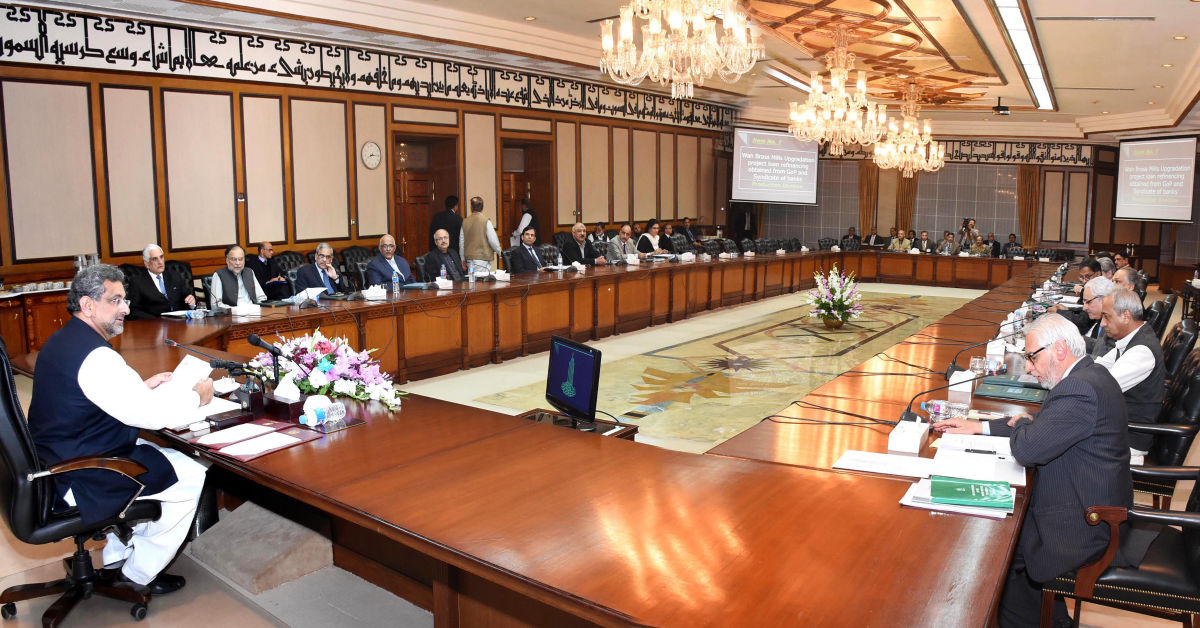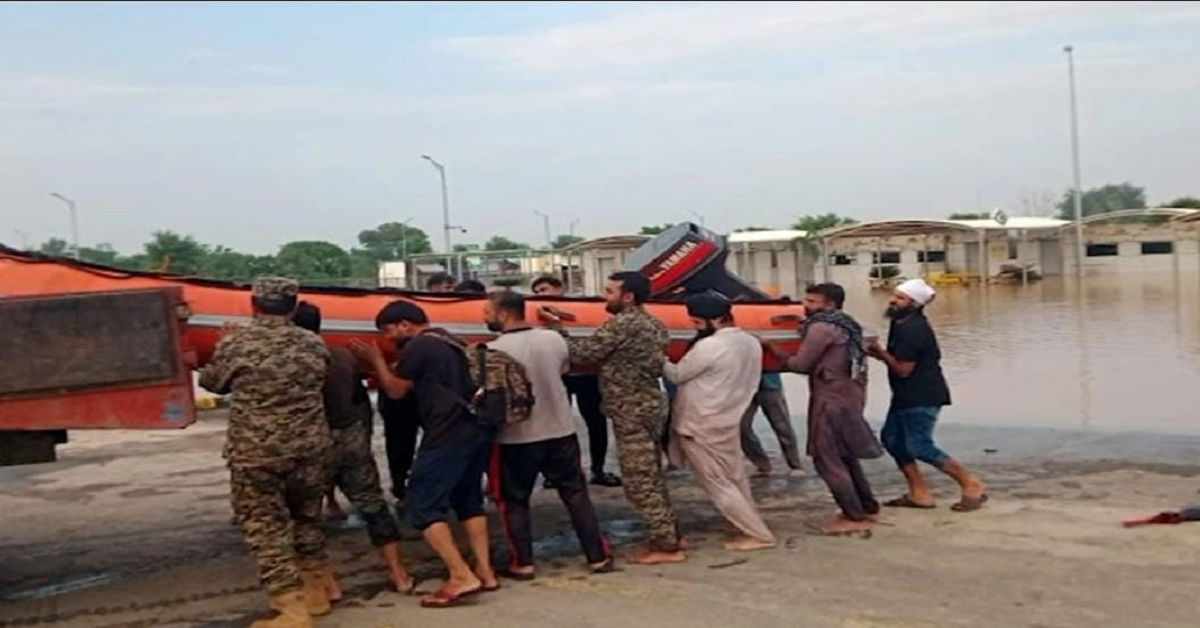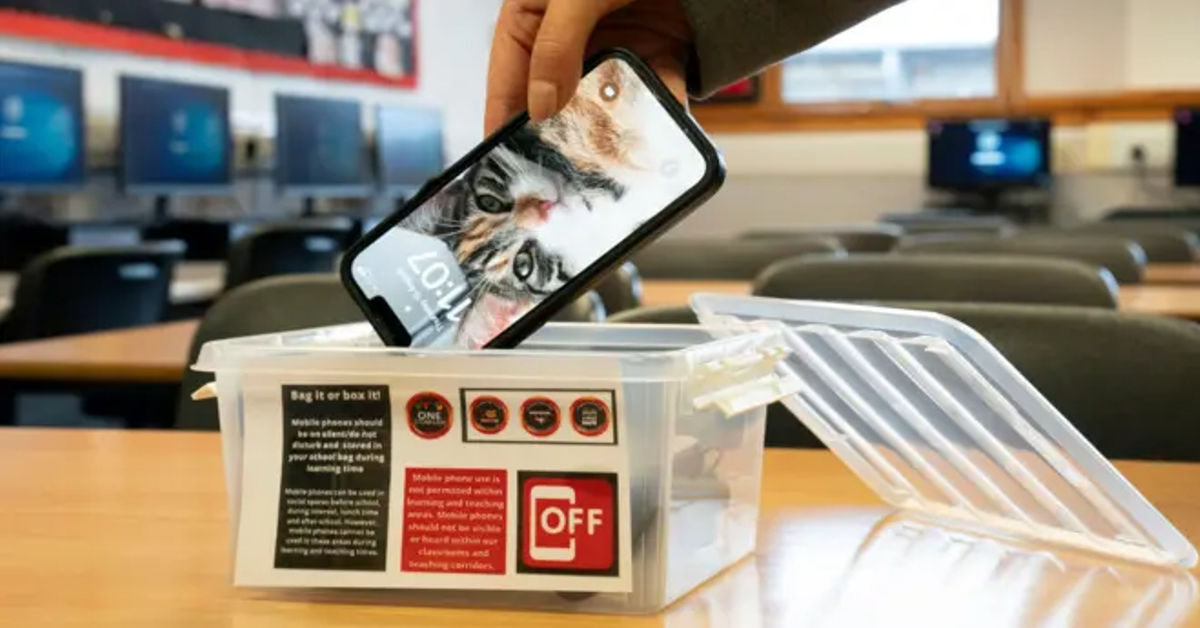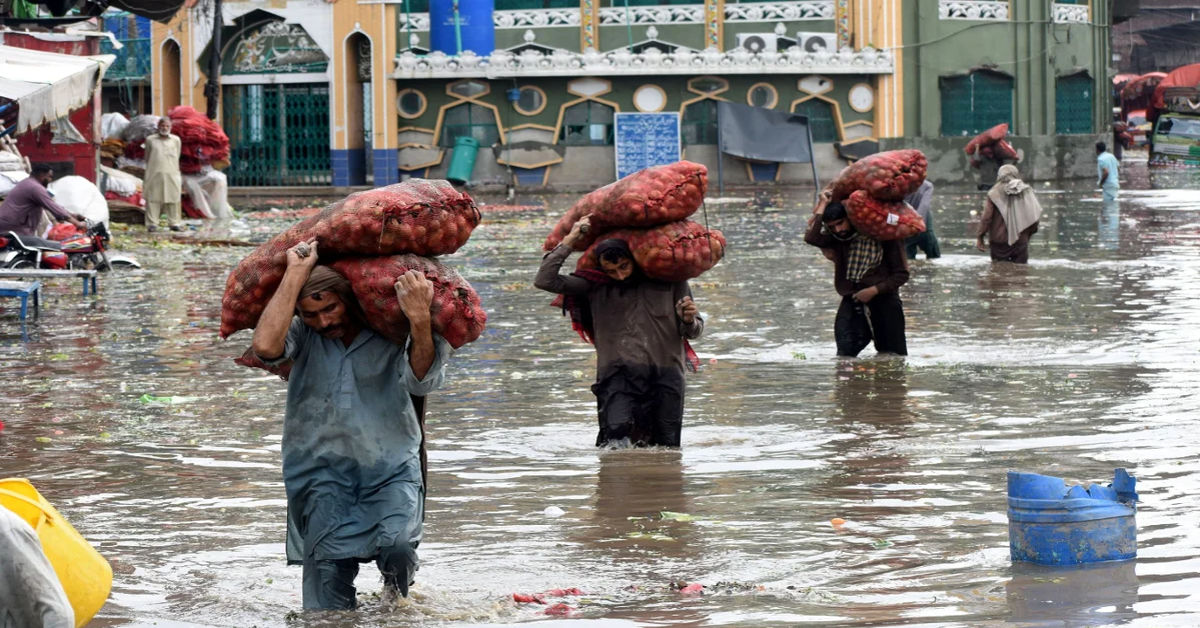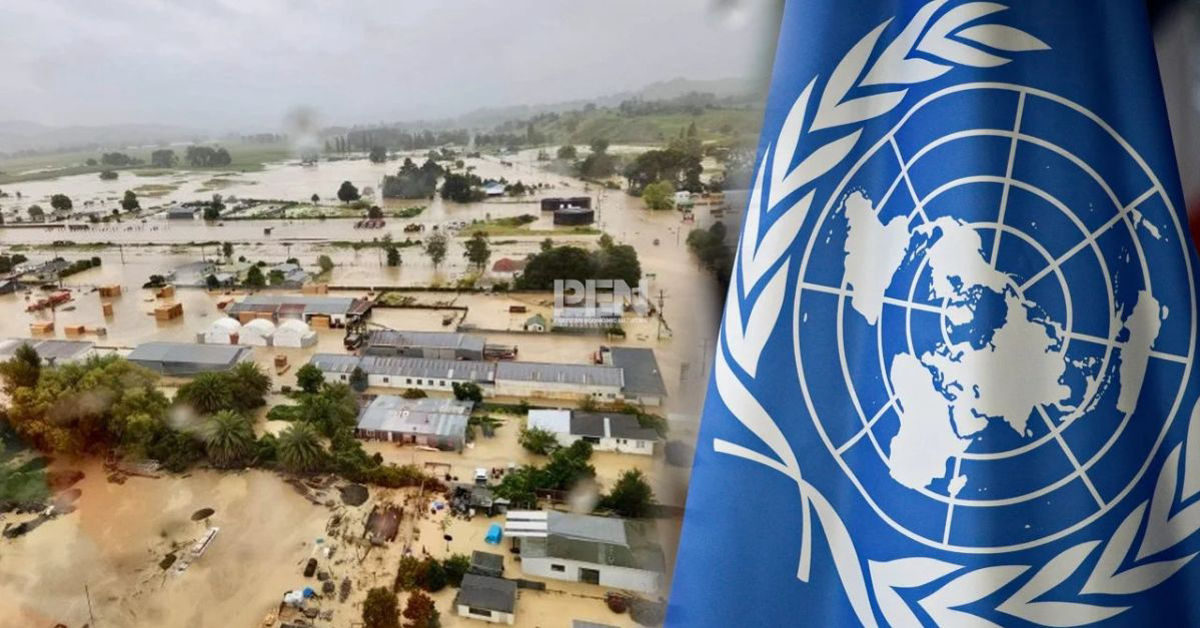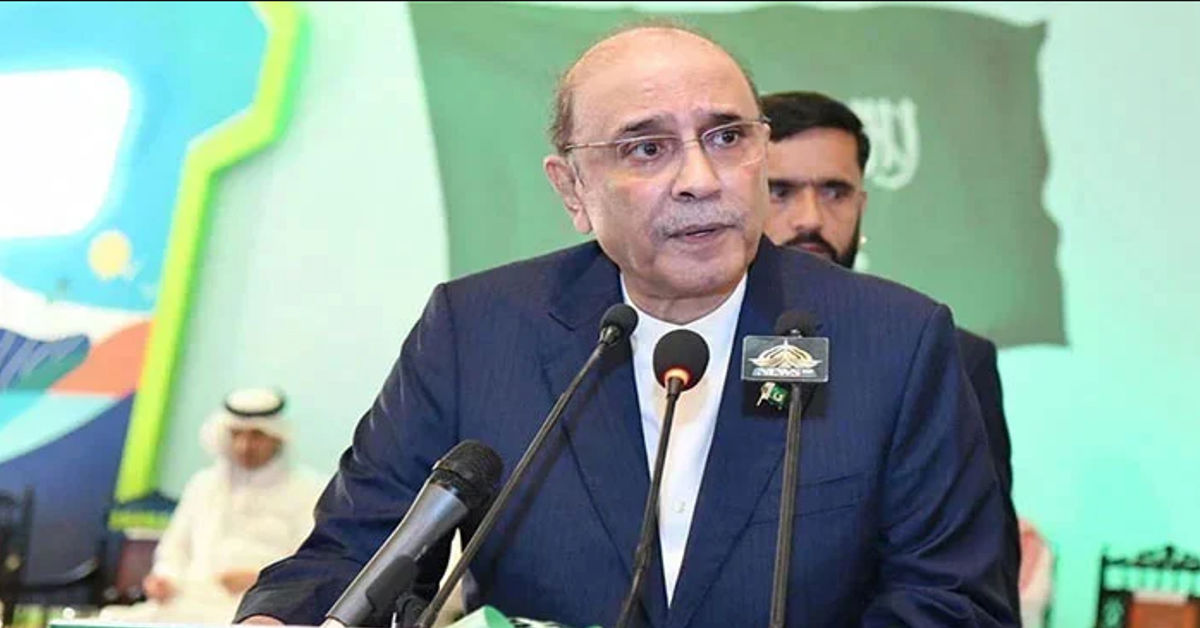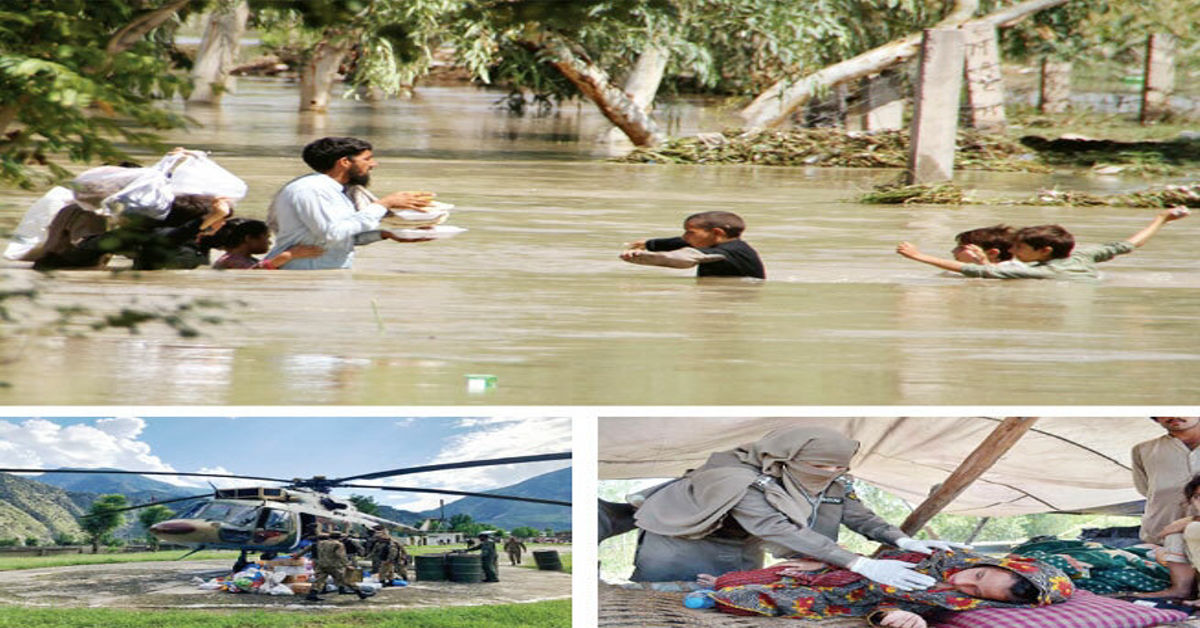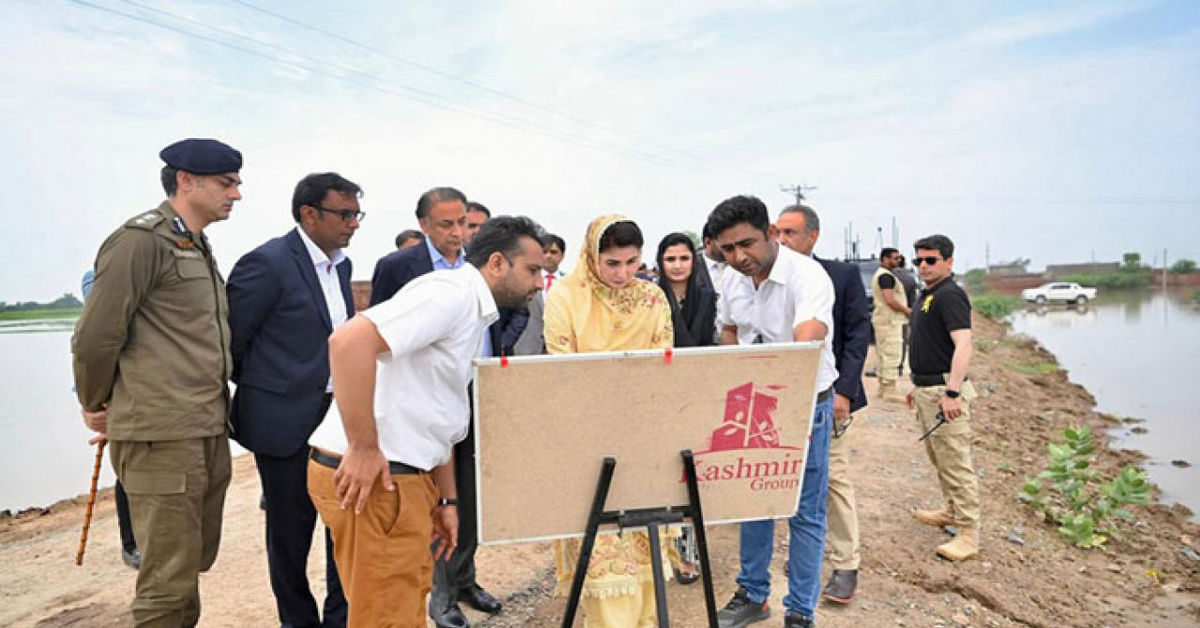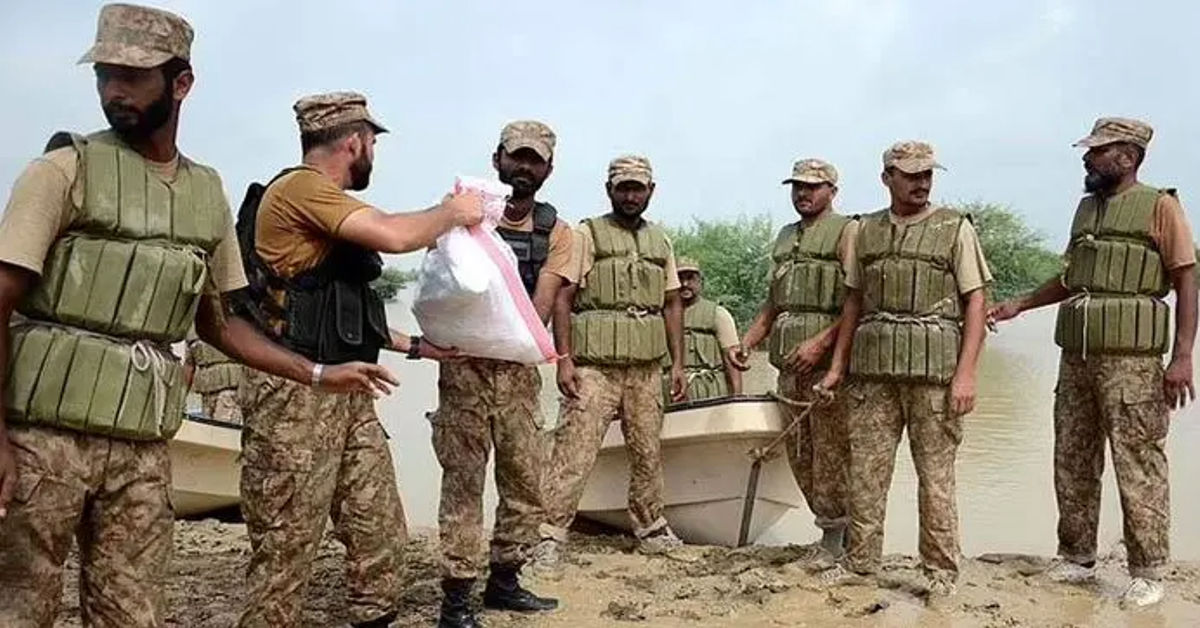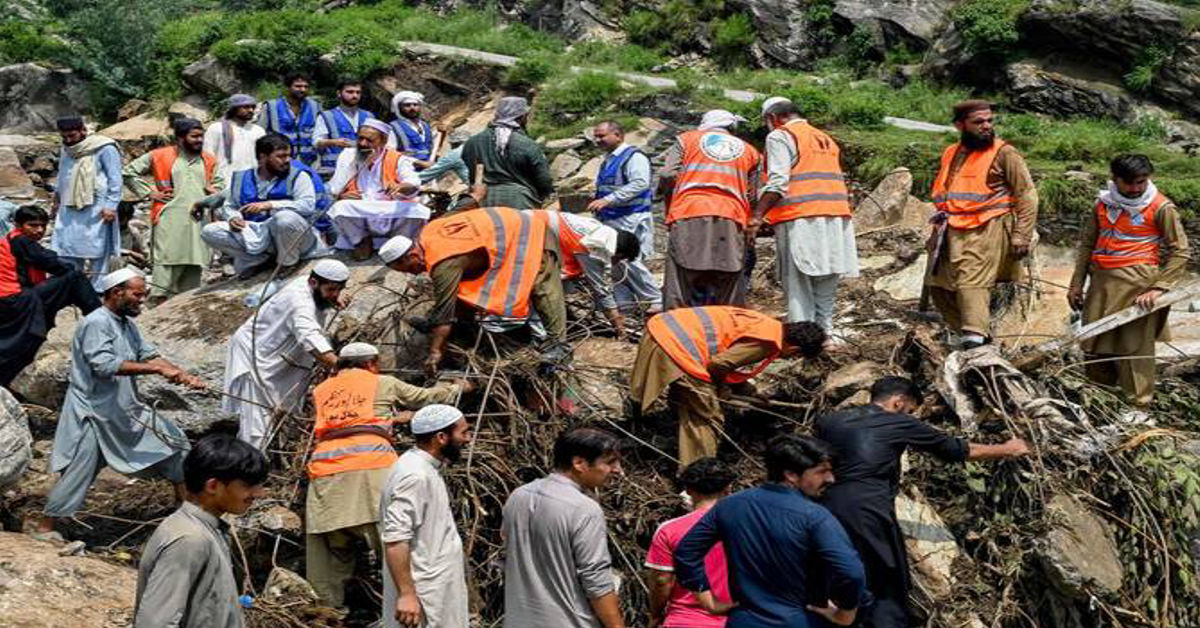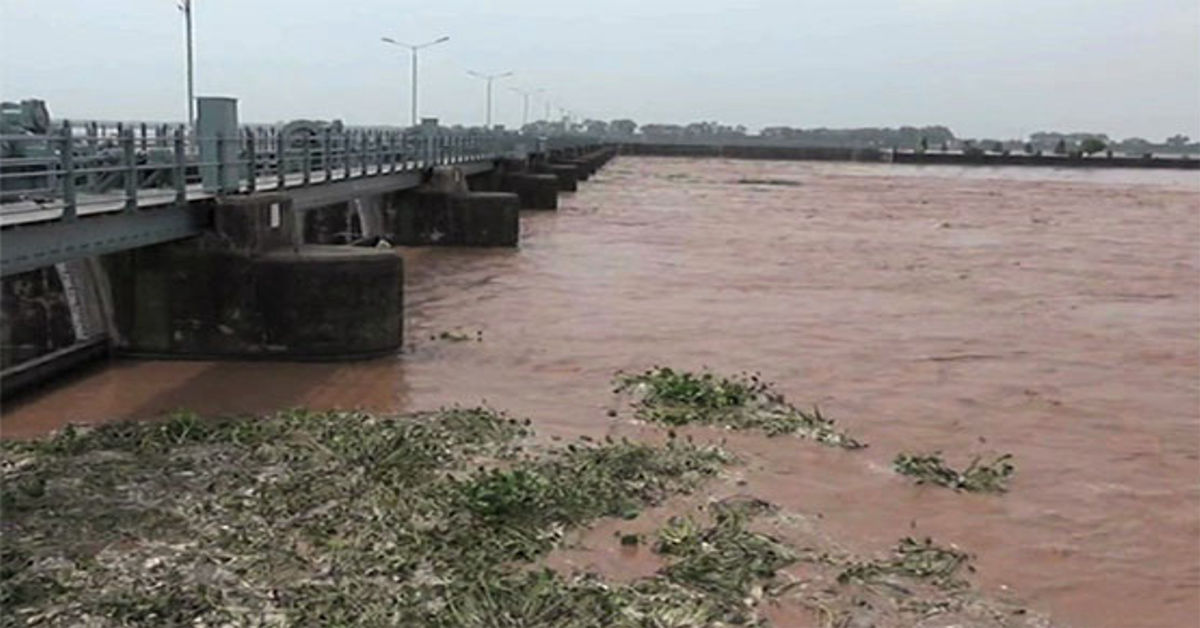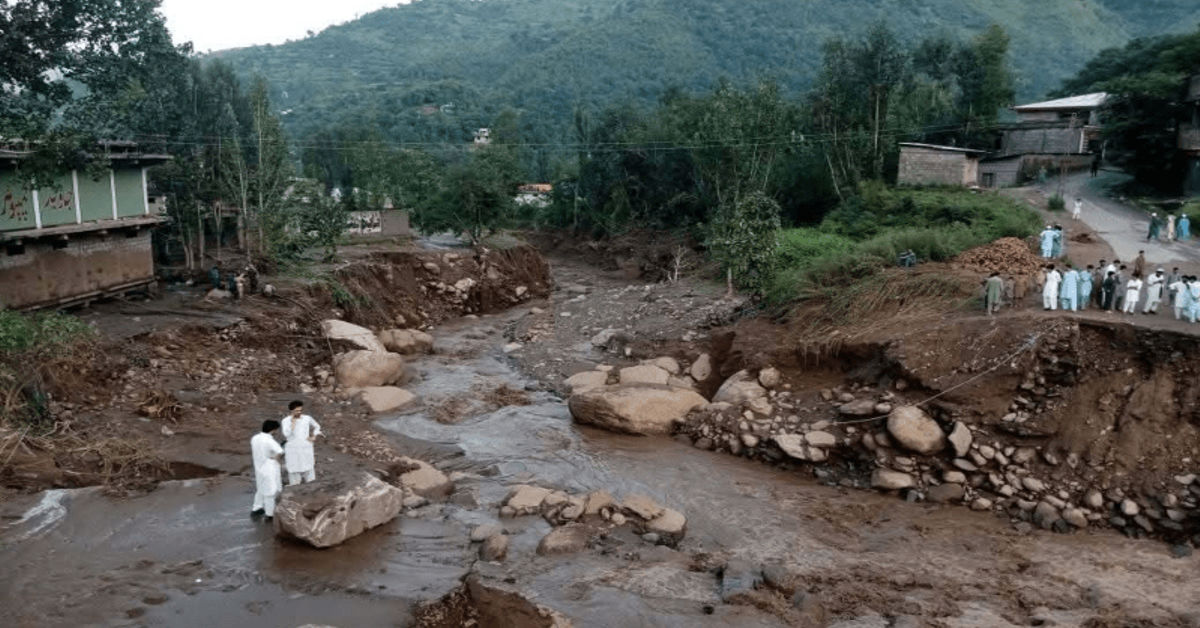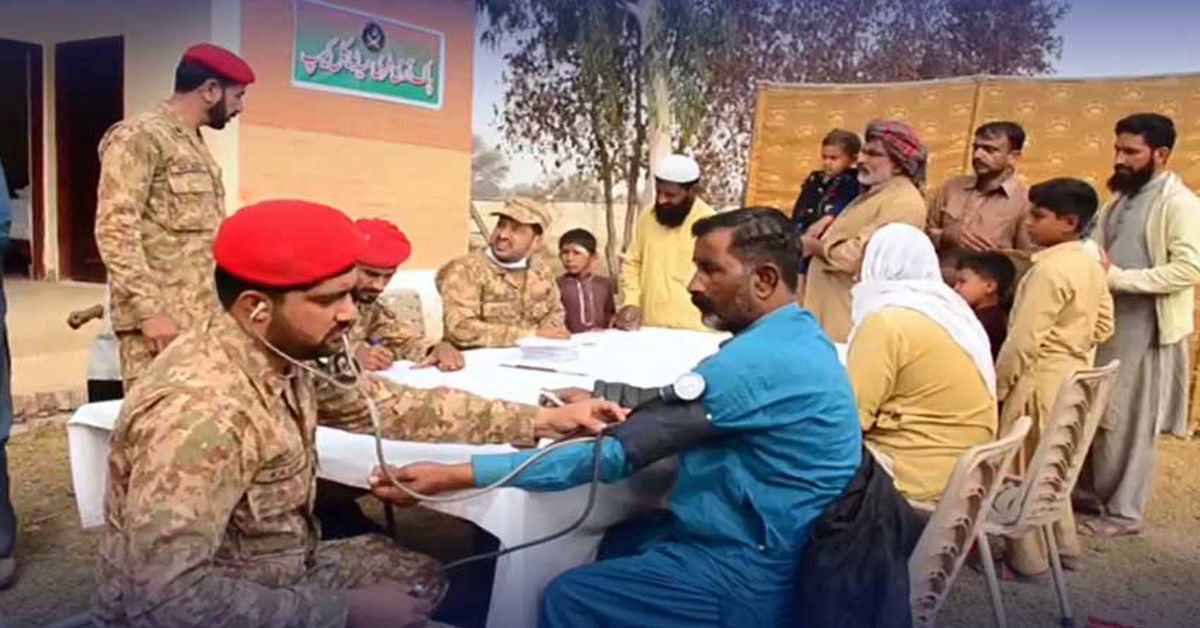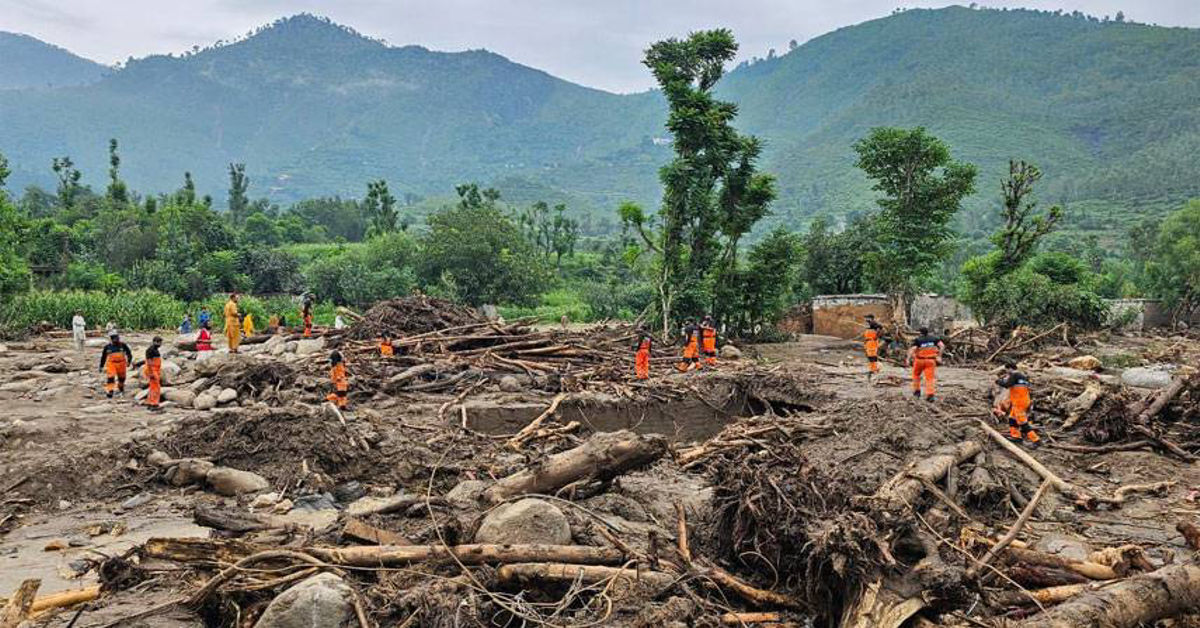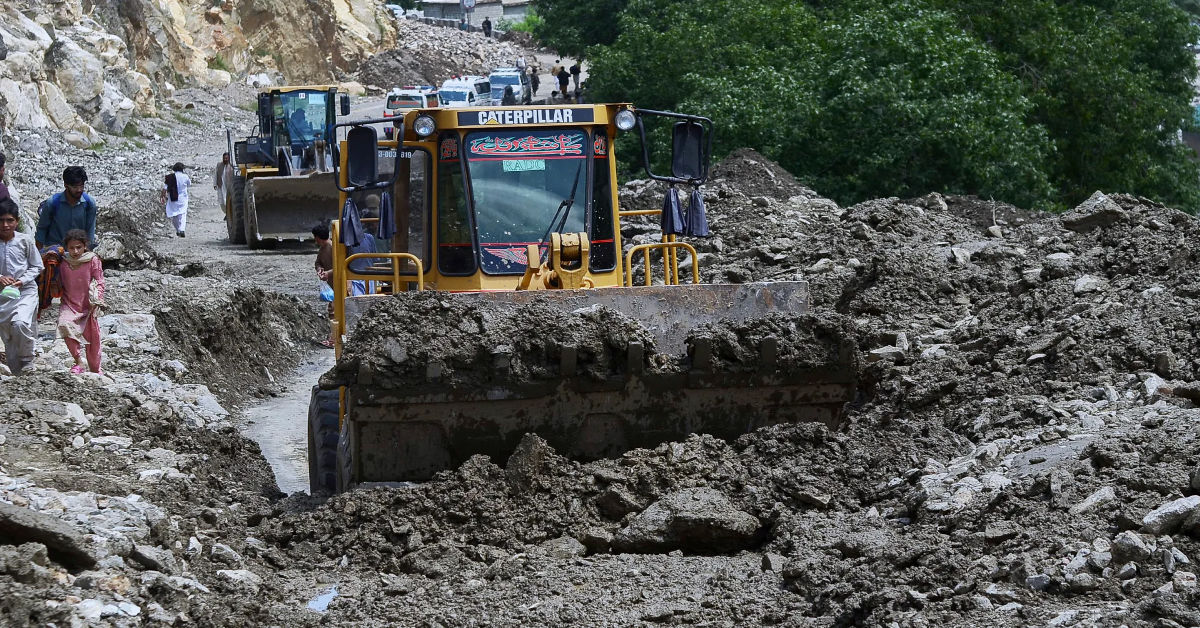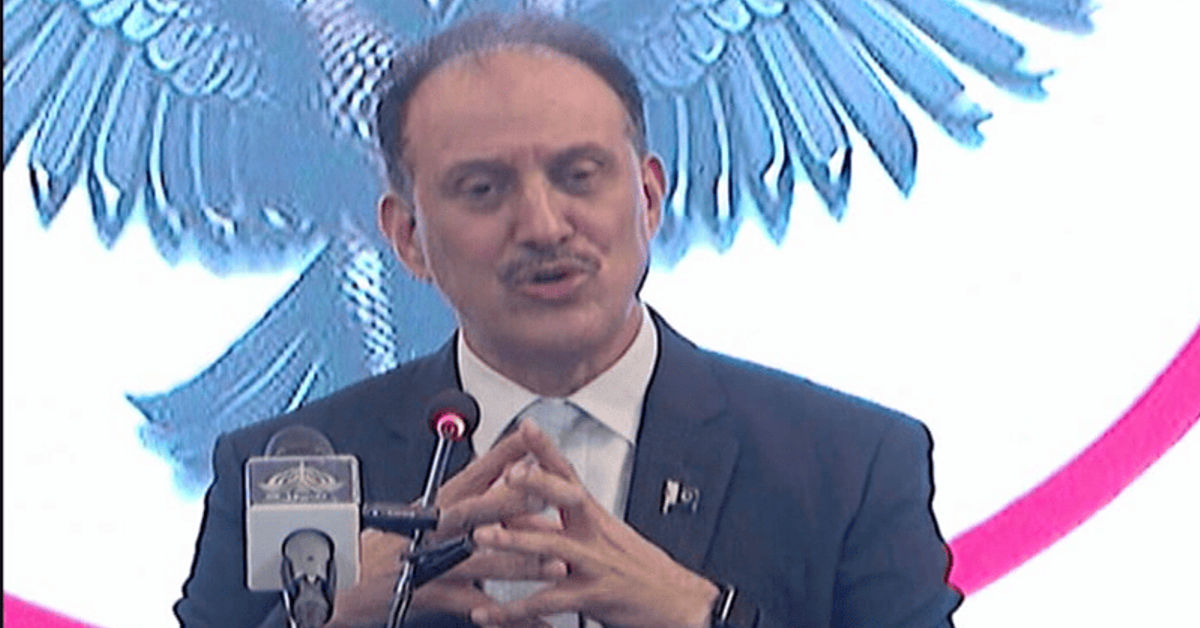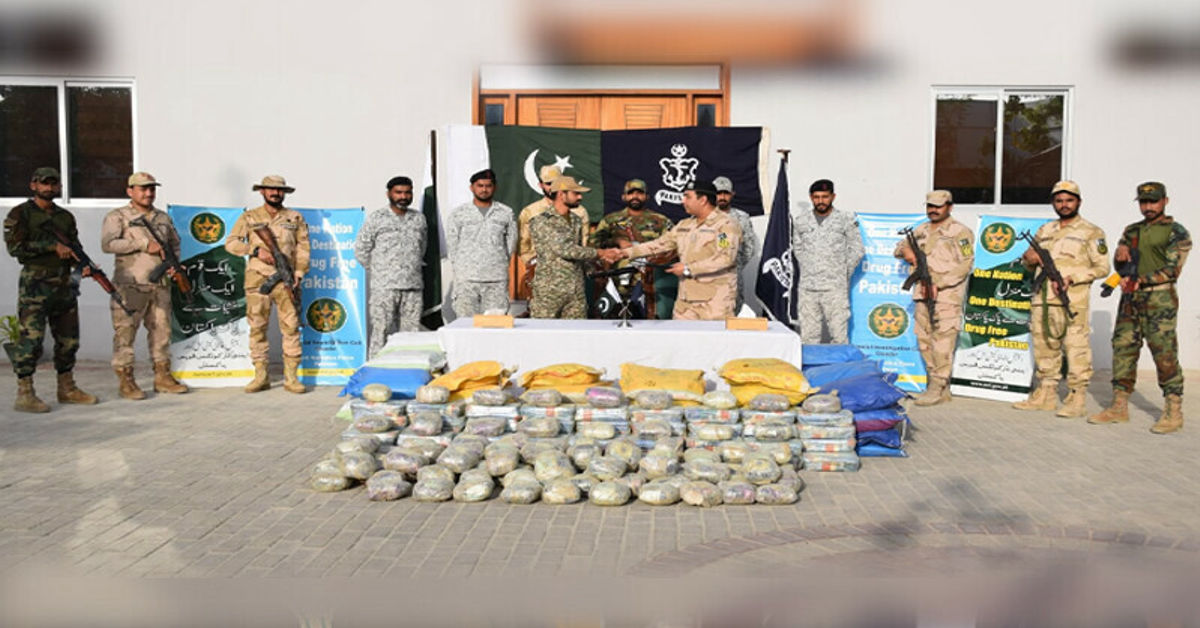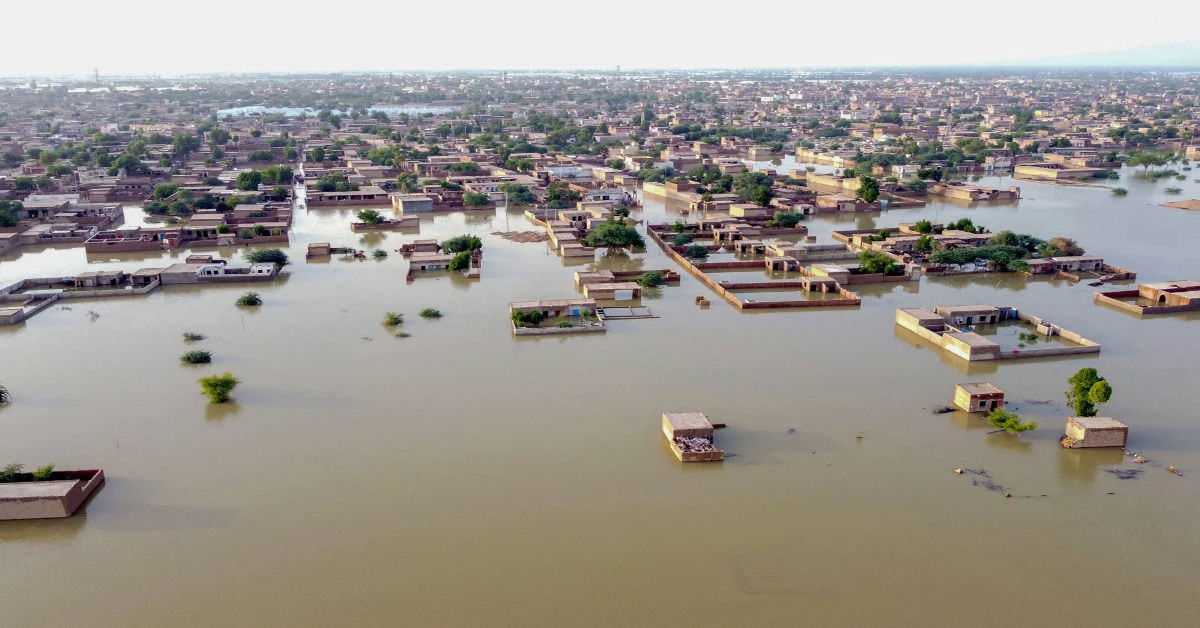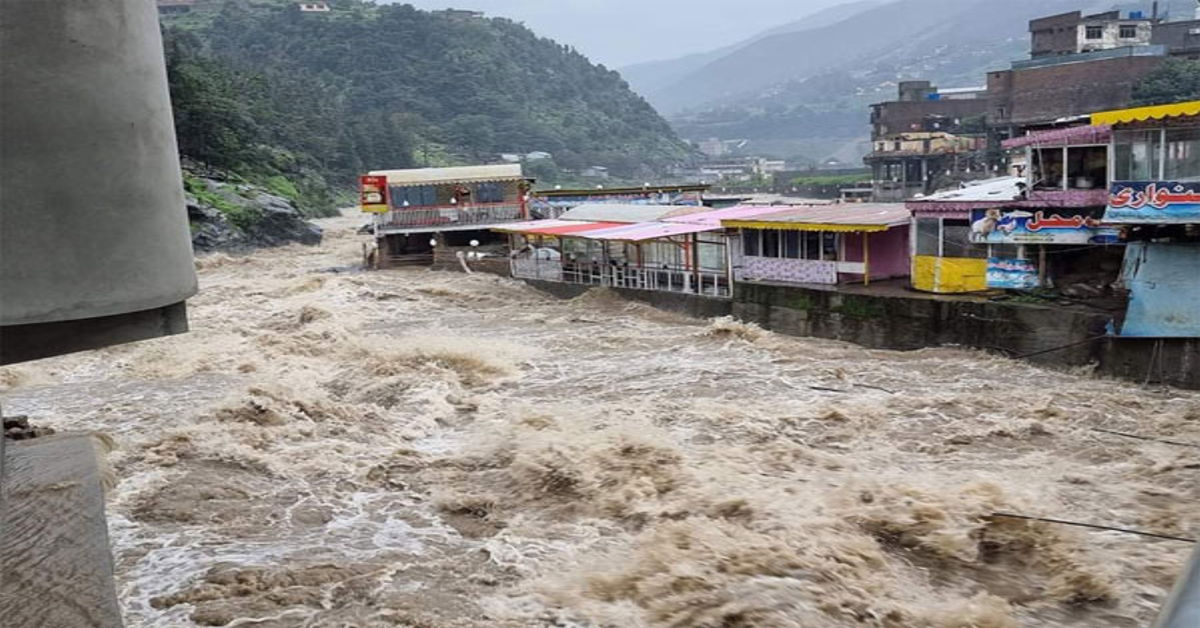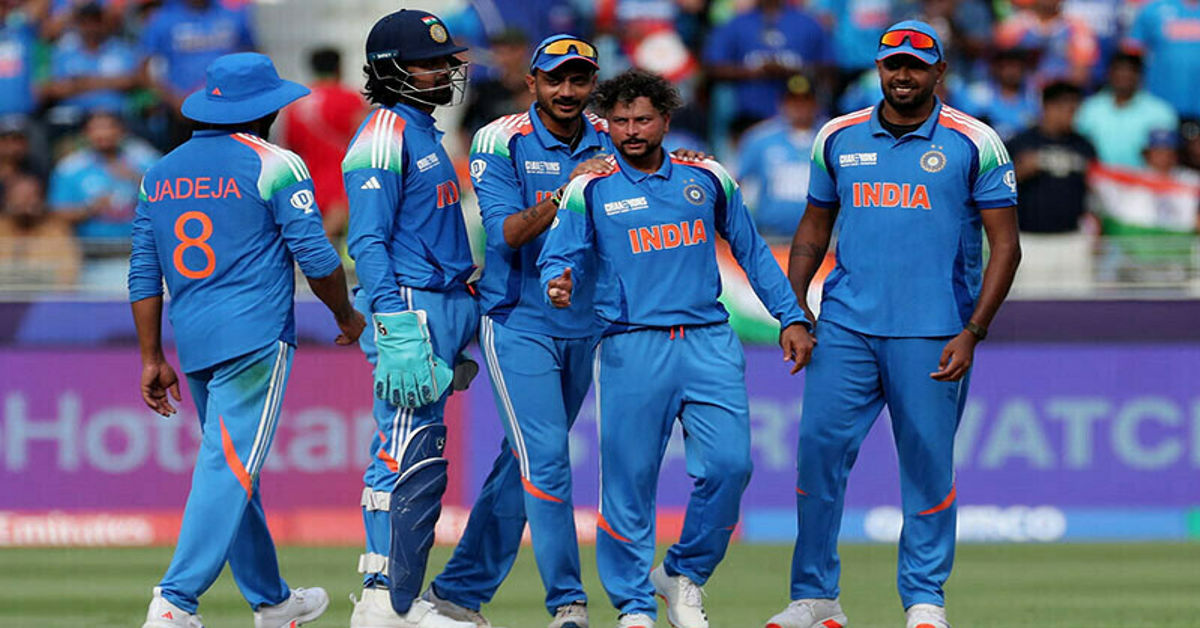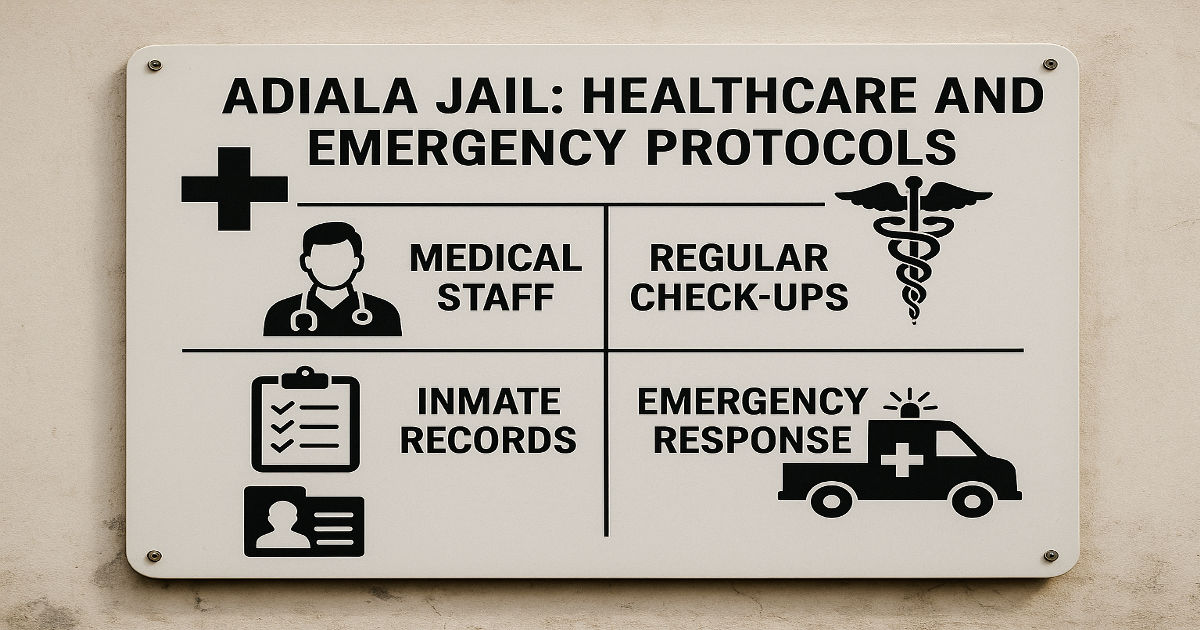
A recent incident has brought renewed attention to the procedures and real-life challenges of emergency medical care within Pakistan’s correctional system. Three inmates from Adiala Jail, one of the country’s largest and most closely monitored prisons, were urgently transferred to the Rawalpindi Institute of Cardiology (RIC) after suffering severe cardiac distress. Sadly, Mumtaz Iqbal, a prisoner arrested in a drug case, passed away during the transfer a tragedy that underscores the importance of expert medical evaluation and swift healthcare response for those in custody. This situation highlights the vital role of inter-agency coordination and scrutiny by healthcare and legal professionals in ensuring prisoner well-being.
The Critical Moments of an Emergency Transfer
Medical emergencies, especially cardiac arrests, demand immediate attention and experienced clinical intervention. Leading healthcare professionals consistently recommend that prisons maintain detailed emergency triage protocols and rapid response teams trained to manage such events. In Adiala Jail, as in other modern correctional facilities, emergency assessment starts with the on-site medical staff, many of whom have significant experience in custodial care and patient risk evaluation. When a case exceeds in-prison care capabilities, the protocol requires collaboration with external specialists such as those at RIC to maximize survival chances. The case of Mumtaz Iqbal highlights the razor-thin margins of time and expertise that can mean the difference between life and death.
Intersection of Custodial Care and Public Health
Effective prisoner care depends on well-defined responsibilities across the prison administration, partnering hospitals, and governmental health agencies. Adiala Jail’s internal protocols aligned with Pakistan’s National Jail Manual require systematic inmate health screenings and ongoing monitoring by licenced clinicians. This ensures that conditions like cardiac risks are identified early by qualified professionals. When situations escalate, as they did for Ismatullah Khan and Malik Hammad (both facing murder charges), transparency and expertise become even more crucial. Experts in correctional healthcare emphasize robust information sharing and a seamless transfer process to maintain continuity of care when lives are at stake.
The Role of the Rawalpindi Institute of Cardiology (RIC)
The credibility and authority of the RIC as a leading cardiac hospital are well established in medical circles. RIC’s seasoned cardiologists and critical care staff routinely handle high-acuity cases, including those referred from the criminal justice system. Their triage protocols are grounded in evidence-based medicine and international standards set by organizations like the World Health Organization (WHO). When a patient arrives deceased such as the case with Mumtaz Iqbal RIC’s administrative and medico-legal teams follow strict procedures for documentation, reporting, and ethical handling of remains, referencing local and international best practices. Refusal to admit a deceased individual is a matter of policy to preserve the chain of custody and ensure regulatory compliance.
Legal and Ethical Dimensions of Custodial Health
Custodial deaths are subject to automatic judicial review to maintain accountability and public trust. Legal experts assert that all deaths in custody must undergo comprehensive investigation according to internationally accepted standards, such as those outlined by the United Nations Standard Minimum Rules for the Treatment of Prisoners (the Nelson Mandela Rules). Pakistan’s laws mandate medico-legal autopsies in suspected custodial deaths to ensure objective determination of the cause and to uphold justice. These practices are designed to prove not just assert that prisoner rights and ethical standards have been respected at every stage, and to make recommendations for systemic improvement when needed.
Examining Inmate Health Screening and Preventative Care
Professional organizations such as the Pakistan Medical Association advocate for comprehensive assessment of newly admitted prisoners, acknowledging that inmates often have pre-existing health conditions. Central Jail Rawalpindi clinical staff, under guidance from senior prison doctors, conduct baseline screenings that focus on cardiac health, infectious diseases, and chronic illnesses. Standard operating procedures emphasize regular follow-up and chronic disease management, which, according to public health experts, are key to reducing the risk of in-custody medical emergencies. Sustainable policies, professional skill, and resource allocation are essential to meet the benchmark of healthcare equivalency set by international guidelines.
The Importance of Judicial Oversight and Administration
The integrity of the prison system relies on experienced administrators, vigilant medical oversight, and robust judicial review. Adiala Jail, in particular, is subject to unannounced inspections by judicial magistrates and oversight from governmental agencies, reinforcing public trust in the system’s transparency. These professionals scrutinize medical procedures, living conditions, and emergency responses to ensure compliance with statutory requirements and universal human rights. In the wake of any incident, their reports and recommendations play a pivotal role in driving reforms and building systemic resilience.
Community Impact and the Call for Transparency
Events like the recent cardiac emergencies have far-reaching effects beyond prison gates, impacting families, legal advocates, and the wider community. Human rights organizations and legal watchdogs often monitor such cases, seeking assurance that every step medical, administrative, or legal has been taken with professionalism, compassion, and public accountability. Open communication from authorities, periodic press briefings, and the release of official reports are all best practices that foster community confidence in custodial care and judicial oversight.
Conclusion
The recent custodial death and transfers from Adiala Jail highlight the critical importance of expertise, experience, and trustworthiness both inside and outside correctional walls. Systematic healthcare protocols, the involvement of skilled medical and legal professionals, and transparent oversight are the cornerstones of a trustworthy system. Continuous interdisciplinary education, adherence to ethical norms, and a commitment to learning from each event help uphold the dignity and safety of every individual in custody. Trust in these institutions grows when information is clear, procedures are rigorous, and every action is backed by demonstrable expertise and ethical intent.
Frequently Asked Questions (FAQs)
What are best practices for medical emergencies in prisons?
Leading experts recommend immediate clinical assessment by trained staff, swift activation of emergency transfer protocols, and coordination with accredited hospitals.
How does judicial oversight improve prison healthcare?
Routine inspections by judges and legal authorities help ensure prisons meet national and international standards, reinforcing transparency and public trust.
Why are medico-legal autopsies required after custodial deaths?
Autopsies conducted by experienced pathologists determine the official cause of death, confirm or rule out foul play, and ensure all procedures were followed ethically and legally.
Effective healthcare and emergency protocols in correctional facilities are essential for safeguarding inmate welfare. Implementing best practices, such as thorough training for medical staff and clear communication channels during emergencies, enhances response times and overall outcomes. Additionally, regular judicial oversight and compliance with established standards further reinforce the integrity of prison healthcare systems, fostering a transparent environment. The necessity for medico-legal autopsies after custodial deaths underscores the commitment to accountability and ethical practices within these institutions.









